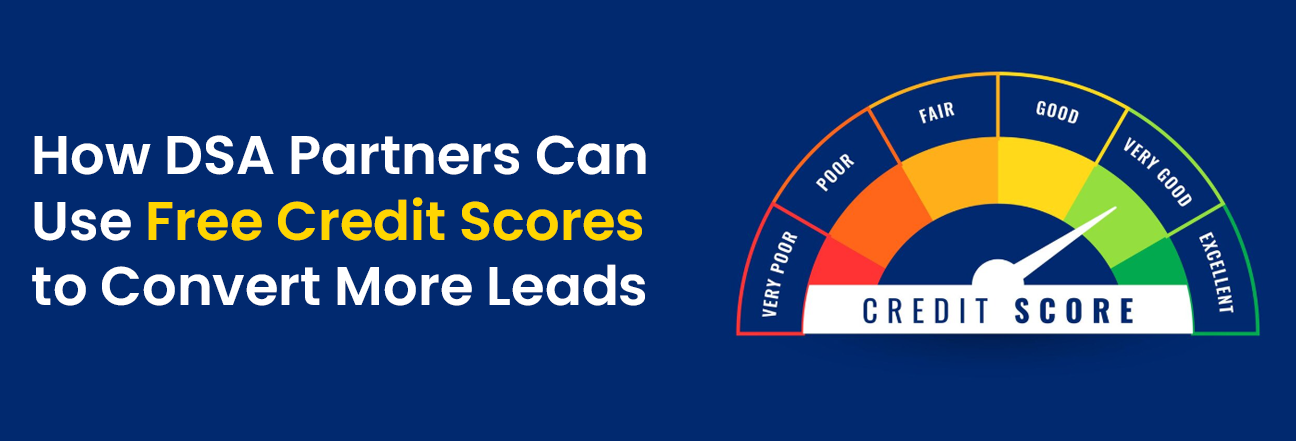Some Factors That Impact Home Loan Interest Rates

Getting the best home loan interest rate might be a major issue when purchasing a new house. If you’re wise, you’ll shop around for mortgage loans and compare them. You might be wondering what the term “rate as low as” implies and what elements impact the rate you obtain as you shop around for different lenders. Knowing the elements that go into determining your home loan interest rate ahead of time might help you plan ahead of time to acquire a better rate. While market circumstances are always a factor, there are a few additional things that might affect your home loan interest rate.
What is your credit score?
This is a well-known element that can have an influence on each loan or credit application you make. Lenders look at your credit score and credit history to see if you’re a good risk for making on-time loan payments. A borrower with a high score is considered low risk, whereas a borrower with a low score is considered higher risk. Credit scores of 720-850 are regarded as exceptional, while 690-715 are considered decent, and 630-689 are considered fair. A lender may consider anything below 630 to be a risky risk. In addition, the less credit history you have, the more difficult it is for a lender to assess your risk. Furthermore, the less credit history you have, the more difficult it is for a lender to assess your risk. You may be qualified for the “lowest available rate” with a certain mortgage provider if your credit score is 750 or better and all of your other variables are favorable.
The ratio of debt to income
Another element that influences home loan interest rates is your debt-to-income ratio, or how your monthly loan payments relate to your monthly income. Lenders justify this by claiming that borrowers with a lower debt-to-income ratio are less likely to fail on their mortgage payments.
Loan-to-Value Ratio (LTV)
Your home loan interest rate will also be determined by how much you borrow in comparison to the cost of the house. A greater down payment might assist you in demonstrating your trustworthiness to a lender and securing a cheaper interest rate. It will also provide you with quick equity in your property. The more the down payment, the lower the lender’s risk perception. When it comes to securing a reduced rate, a down payment of 20% or more is advantageous. To mitigate risk, a lender may need mortgage insurance if the down payment is less than 20%. The lower the ultimate cost to the borrower, the higher the down payment.
Home type and location
Interest rates on mortgage loans may differ slightly from state to state and between rural and urban locations. Do your homework and explore other mortgage lenders if interest rates are higher where you reside. The mortgage loan interest rate is affected not only by where you reside but also by the sort of home you have. A beach vacation property or a multi-unit rental, for example, may have a cheaper interest rate than a single-family home that will be your permanent residence.
Term of the mortgage loan
The phrase refers to the amount of time you have to repay the debt. Mortgage loan periods are normally 15 or 30-years long, although they can be shorter or longer. Shorter durations are generally associated with lower interest rates and overall expenses. The disadvantage of a short-term loan is that monthly payments may be greater.
The interest rate on a mortgage loan depends on the kind of loan.
The home loan interest rate might be fixed or adjustable. Adjustable rates change over time, but fixed rates remain constant during the loan duration. Initially, an adjustable-rate mortgage (ARM) has a lower interest rate than a fixed-rate mortgage, but this can alter over time. A fixed-rate mortgage loan means you’ll pay the same amount every month for the duration of the loan.
Types of mortgage loans
There are several types of mortgage loans. A normal mortgage loan, as well as FHA, USDA, and VA loans are available. Different lenders may provide different loan kinds, and interest rates may change dramatically based on the loan type. Each one has its own set of qualifying conditions.
Co-borrowers
For individuals concerned about their credit score, this might be a wild card. You may be able to get a reduced interest rate if you have a co-signer with a good credit score. Lenders take into account the credit of all co-borrowers. A mortgage loan is often the largest debt that a borrower would ever take out. Given that the average mortgage duration is 30 years, even a slight reduction in your interest rate can result in considerable savings over the course of your loan. As a result, taking the time to study mortgage lenders and understand interest rate influences can save you a lot of money in the long run.
In the end, you must decide if you choose a fixed or adjustable home loan interest rate. However, if you pick an adjustable-rate plan, you must accept the possibility that your payment will increase at the conclusion of the promotional period.








